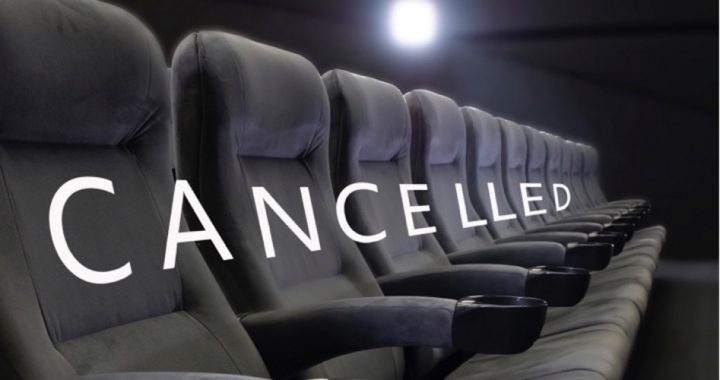
The American motion picture industry, which survived and even thrived during the Great Depression of the 1930s, is facing perhaps its most challenging economic times during the government-ordered shut-downs and customer concerns during the COVID-19 pandemic. All of the nation’s 6,000 movie theaters have been shut down since the middle of March, and some are predicting the revenue for the industry will be cut in half this year.
Hollywood — the shorthand name for the motion picture industry since so many studios have historically been located in the southern California suburb of Los Angeles — has faced other trying times since it became a prominent feature of the American culture in the early 20th century. World War II took away many of its most prominent film stars — although few were involved in actual combat situations. Following the war, the rise of television in the 1950s greatly reduced the numbers of Americans who frequented the movie industry. The Hollywood Blacklist of actors, directors, and screenwriters suspected of being communists, loyal to a hostile foreign power (the Soviet Union) in the late 1940s, was another challenge.
Despite these challenges, Americans have loved the movies, which have produced both positive and negative impacts on our culture.
Dealing with the coronavirus leaves much of “Hollywood” torn. Most of the industry’s actors, directors, and screen writers are political liberals (not only were there communist sympathizers in the 1940s, there are communist sympathizers in the industry now, as well as plain-old liberals). While there are also some conservatives involved in the industry, they are notable for the fact that they are small in number. One only has to watch the Academy Awards presentations to be fed a steady diet of leftist clap-trap while actors and others are accepting their Oscars. While most in the industry would adhere, for example, to the typical animus against private ownership of firearms, the Hollywood hypocrisy in this area is glaring — excessive and gratuitous violence with guns has been a staple of the industry for many years.
As the virus is being used politically by leading Democrats and their media allies against President Donald Trump, with the ensuing economic slowdown, many in the Hollywood Left could be expected to support the continued shutdown of the U.S. economy, so as to hurt Trump’s reelection chances. However, the longer the shutdown continues, the more economic damage is being inflicted upon the movie industry. In other words, if no movies are being made, and no one is going to the theaters to watch them, the influence of the motion picture industry on U.S. politics and culture will be drastically curtailed. There just won’t be any movies made to win those Oscars.
Certainly, major movie stars, noted screenwriters, and well-known directors are being negatively impacted by the government shutdowns. Of course, their fat bank accounts could tide them over, but their removal from the silver screen is going to drastically reduce their opportunities to transfer their screen notoriety to liberal political advocacy.
But it is not just the “stars” who are suffering economically. Even if movie theaters reopen, it is uncertain how many patrons will go to the theaters. And, even if the crowds returned, “social distancing,” if kept in place, would necessitate a drastic reduction in ticket sales. Concessions sales would likewise be reduced. Many theaters will likely close permanently.
Filming is down in Los Angeles by more than 18 percent in the first four months of 2020. TV productions are also dealing with reductions of similar percentages. TV revenue lost from advertising is predicted to be down $10 billion.
Anyone who has stuck around at the end of a movie to watch the tremendous numbers of individuals listed on the screen who played some role in the making of the picture understands that the shutdown of the American motion picture industry is negatively impacting thousands of individuals who are not famous movie stars. Viacom CBS’s chief financial officer, Christina Spade, has said that her company is “taking additional cost-cutting actions and implementing initiatives to reduce discretionary expenses.”
Such “cost-cutting actions” will no doubt mean multiple pink slips for many now working in the industry.
If California’s state government and the city government of Los Angeles opt to keep the motion picture industry shuttered, they also face the possibility that many studios and ancillary companies will simply leave the city and the state, as there are other places besides southern California where movies can be made. Once they leave, they probably will not return.
Photo: Standart/iStock/Getty Images Plus
Steve Byas is a university instructor in history and government and the author of History’s Greatest Libels. He may be contacted at [email protected].



